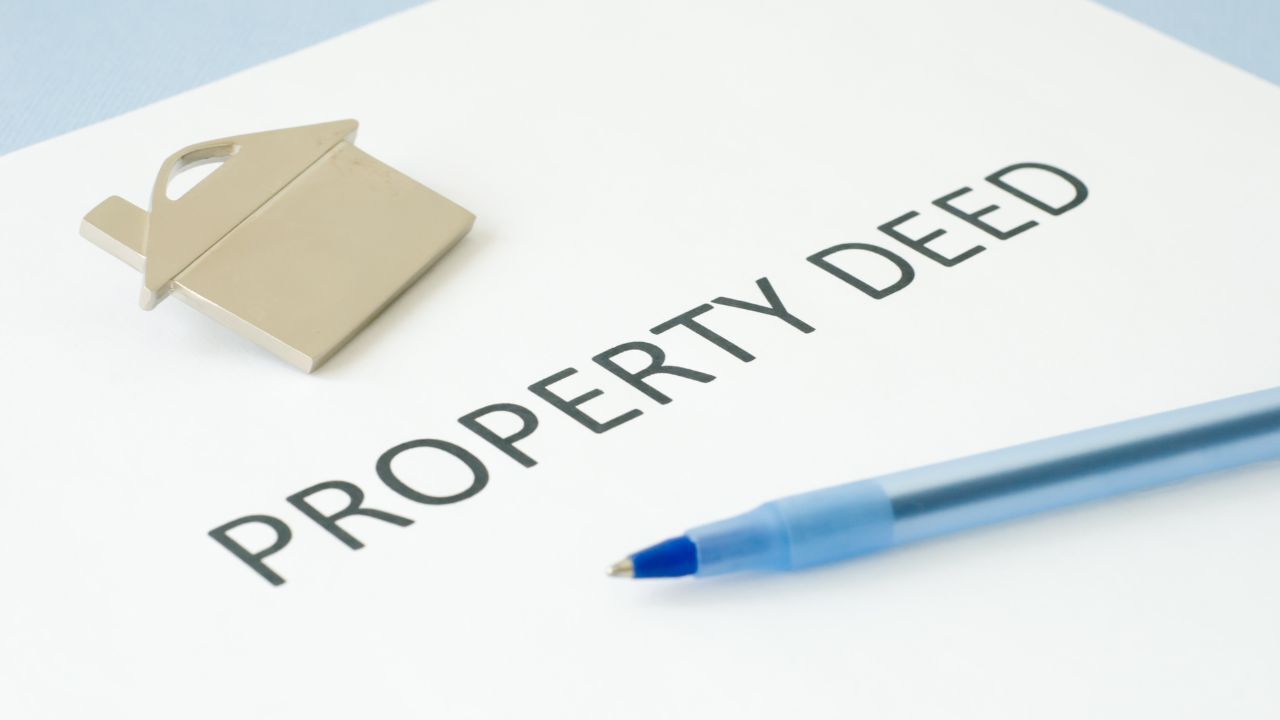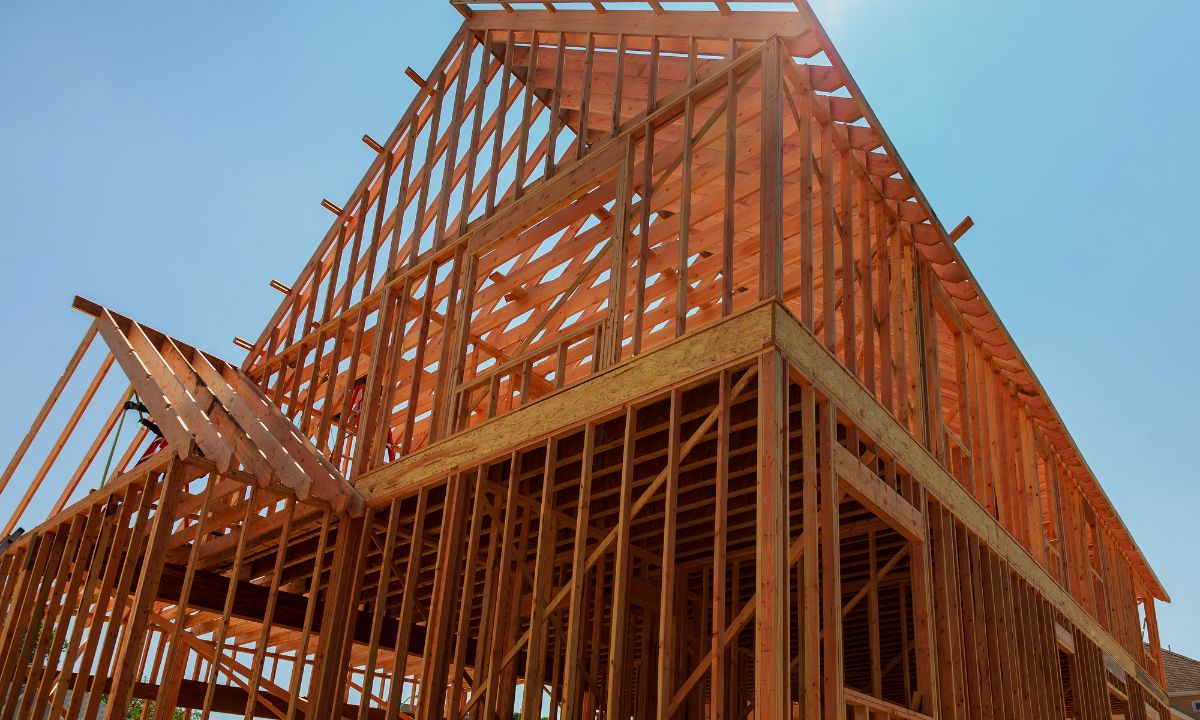 A new year is the perfect time to reset goals and make smart plans. If buying, selling, or improving a home is on your radar this year, the right resolutions can make a real financial impact.
A new year is the perfect time to reset goals and make smart plans. If buying, selling, or improving a home is on your radar this year, the right resolutions can make a real financial impact.
Here are a few realistic New Year resolutions that directly support real estate success for both homebuyers and homeowners:
Improve Your Credit Profile
For buyers, credit score plays a major role in loan options and interest rates. Even small improvements can lead to meaningful savings over time. Start the year by reviewing your credit report, paying down revolving balances, and avoiding new debt. For homeowners thinking about refinancing or buying again, this step is just as important.
Save Strategically for a Down Payment or Next Move
Rather than a broad savings goal, set a specific target tied to your real estate plans. Buyers should factor in down payment, closing costs, and reserves. Homeowners planning a move should begin setting aside funds for moving costs, repairs, or staging. A clear number makes progress easier and faster.
Declutter With a Purpose
Decluttering is more than a cleaning resolution. It is a value building step. Homeowners considering selling later this year should start early by removing excess items, organizing storage areas, and simplifying spaces. Buyers benefit too. A clutter free home helps clarify what you truly need in your next property.
Plan Smart Renovations That Add Value
Not all upgrades are created equal. The New Year is the right time to plan improvements that support long term value rather than quick fixes.
Focus on kitchens, bathrooms, curb appeal, and energy efficiency. Even modest updates can improve marketability and appraisal outcomes when timed correctly.
Get a Clear Picture of the Market
Whether buying or selling, understanding the current market sets realistic expectations.
A market checkup early in the year helps buyers plan timelines and budgets and helps homeowners understand equity, pricing, and potential opportunities. Knowledge reduces stress and improves outcomes.
Create a Realistic Timeline
One of the most important resolutions is planning ahead. Buying or selling rarely happens overnight. Setting a timeline now allows for better preparation, stronger negotiating positions, and fewer surprises later in the year.
 Buying a home is a major milestone, and knowing when you are truly ready can give you confidence throughout the entire process. Many future homebuyers wonder if their finances are strong enough or if they should wait another year. The truth is that homeownership readiness is less about perfection and more about preparation. When several key financial indicators line up, you can move forward with clarity, confidence, and a sense of stability.
Buying a home is a major milestone, and knowing when you are truly ready can give you confidence throughout the entire process. Many future homebuyers wonder if their finances are strong enough or if they should wait another year. The truth is that homeownership readiness is less about perfection and more about preparation. When several key financial indicators line up, you can move forward with clarity, confidence, and a sense of stability. Buying a home is one of the most exciting milestones in life, but it’s also a process that can sometimes come with unexpected delays. Whether it’s financing hiccups, inspection issues, or paperwork snags, knowing how to keep your purchase on track can make a huge difference. Here’s what you can do to stay proactive and keep moving forward toward your dream home.
Buying a home is one of the most exciting milestones in life, but it’s also a process that can sometimes come with unexpected delays. Whether it’s financing hiccups, inspection issues, or paperwork snags, knowing how to keep your purchase on track can make a huge difference. Here’s what you can do to stay proactive and keep moving forward toward your dream home.
 When buying a home, most buyers focus on location, price, and features. However, deed restrictions—legally binding rules that dictate how you can use your property—are equally important. Ignoring them can lead to unexpected limitations and challenges.
When buying a home, most buyers focus on location, price, and features. However, deed restrictions—legally binding rules that dictate how you can use your property—are equally important. Ignoring them can lead to unexpected limitations and challenges.
 Owning a home is a milestone that goes beyond providing a roof over your head. It’s one of the most significant ways individuals can build wealth over time. Unlike renting, homeownership offers financial and personal rewards that grow with time and care. Let’s discuss five ways owning a home can help build long-term wealth.
Owning a home is a milestone that goes beyond providing a roof over your head. It’s one of the most significant ways individuals can build wealth over time. Unlike renting, homeownership offers financial and personal rewards that grow with time and care. Let’s discuss five ways owning a home can help build long-term wealth. As more people seek simplicity and focus in their lives, downsizing has become a popular choice among homeowners of all ages. But why is “less” gaining so much appeal? Downsizing offers not just smaller living spaces but also an opportunity to embrace a more fulfilling, efficient, and financially sound lifestyle. Here’s why you may want to consider making the move to a smaller home.
As more people seek simplicity and focus in their lives, downsizing has become a popular choice among homeowners of all ages. But why is “less” gaining so much appeal? Downsizing offers not just smaller living spaces but also an opportunity to embrace a more fulfilling, efficient, and financially sound lifestyle. Here’s why you may want to consider making the move to a smaller home. Purchasing a home is a major life decision, and for many homebuyers, the ideal property may not always come fully finished. An unfinished home offers a unique opportunity to create a space that suits your family’s needs while potentially saving money upfront. Whether you’re looking to save on your initial purchase or enjoy the flexibility of customizing your home, buying an unfinished house could be a great option.
Purchasing a home is a major life decision, and for many homebuyers, the ideal property may not always come fully finished. An unfinished home offers a unique opportunity to create a space that suits your family’s needs while potentially saving money upfront. Whether you’re looking to save on your initial purchase or enjoy the flexibility of customizing your home, buying an unfinished house could be a great option. When it comes to homeownership, one of the most important aspects of the process is ensuring you have the proper legal documentation that proves your ownership. This documentation usually comes in the form of a title or a deed. These documents not only provide proof of ownership but also serve as a way to protect your rights to the property. Whether you’re buying your first home or adding to your real estate portfolio, understanding the difference between titles and deeds is essential to securing your investment.
When it comes to homeownership, one of the most important aspects of the process is ensuring you have the proper legal documentation that proves your ownership. This documentation usually comes in the form of a title or a deed. These documents not only provide proof of ownership but also serve as a way to protect your rights to the property. Whether you’re buying your first home or adding to your real estate portfolio, understanding the difference between titles and deeds is essential to securing your investment.